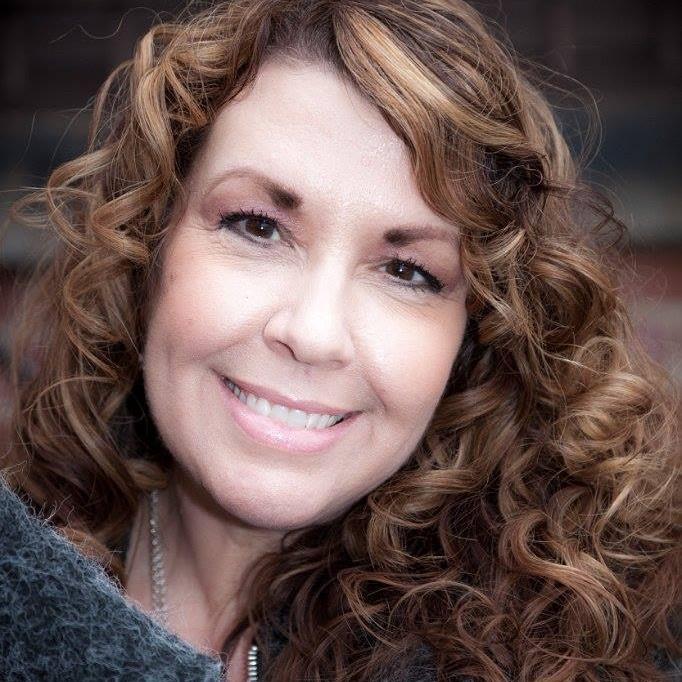 Do you often feel burned and blindsided by others’ actions? Are you confused by why you sometimes feel too trustful, while at other times you feel too doubtful or guarded? Are your relationships superficial or short-lived – and is your business or personal life suffering as a result? Not a lone week passes without a client uttering the “T” word in my office. Trust is crucial for building relationships and living a fulfilling, connected life. Being too trusting without discernment leads to chaotic relationships and disappointment, while not trusting others enough robs you of the joie de vivre and success. Read how to know if you have trust issues, and what to do about it. 1. You trust too easily. Have you ever met someone and thought, “Wow, that person is totally awesome! I can’t wait to jump on board with their plan/path/opportunity! I want to hang out with them now, tonight, tomorrow... forever!” Indeed, people that share our values and exude energy, compassion and motivation enthuse us. Be cautious, though: if you find yourself doling out too much trust, you may suffer from the rose-colored glasses syndrome. While positivity is good, optimism will blind you if you don’t peek over the tops of them specs once in a while. Many see the human race as ‘basically good’ (myself included). But don’t confuse potential with reality. Don’t rush acquaintances into your inner circle. Step into relationships with some degree of healthy skepticism. If it’s a good thing, it’s sustainable. 2. You feel walked on by others. As a result of viewing others with that pink tint of optimism, we place those people on a pedestal, establishing distance and creating a power disequilibrium. Disappointment is inevitable when we develop unrealistic expectations of that person on that perch. Our rosy goggles may hide warning signals about the reality of the person’s behaviors. In psychology, we call this the ‘confirmation bias.’ Your expectations can encourage you to interpret cues in a way that would confirm your beliefs about that person, disregarding cues that contradict your expectations. The end result? You feel duped. 3. You are suspicious of others’ motives. Feeling conned and misled may push you into a phase of total mistrust. Here, you are in protective mode and connect only superficially with others. While this is safe, it is not rewarding. This habit is commonplace for those who have suffered some significant personal violations such as abuse, trauma, or neglect. These incidents can spur a pattern of unbiased, overall mistrust. Those subjected to such problems often have lived in invalidating or dysfunctional environments, especially during vital periods of development. Extreme wrongdoings against the person who was victimized can lead the person to generalize this mistrust to all relationships and situations in their lives. 4. You don’t trust your intuition and judgment. After a while, vacillation between these two extremes—trust and mistrust—may make you dizzy. Perhaps you have never trusted your intuition with people. Your life experiences (especially in the early years) and how you coped with them (i.e. denial, minimizing, withdrawing) determine how well you trust yourself and how you learn to see the world. You may have grown up with your perceptions being discounted or dismissed in some way, diminishing your ability to trust those insights. 5. You think or act in extremes. When you lose your ability to trust your judgment and perceptions, you probably think in all-or-none terms. If you find yourself saying or thinking these words often, you are black-and-white thinker:
The Good News: Be assured that trust issues can be broken, once and for all. Here are just a few tips:
- Diane Dean, MA, RN, CUG
0 Comments
Leave a Reply. |
AuthorDiane Dean is a coach, former counselor and business leader dedicated to supporting others to reach their fullest potential. She is the owner of Epiphany! Couching. Her passion is to support professionals to experience deep satisfaction and prosperity from their daily work and profound contentment in their personal lives, so they can truly capture the best of both worlds. Archives
April 2022
Categories |

 RSS Feed
RSS Feed